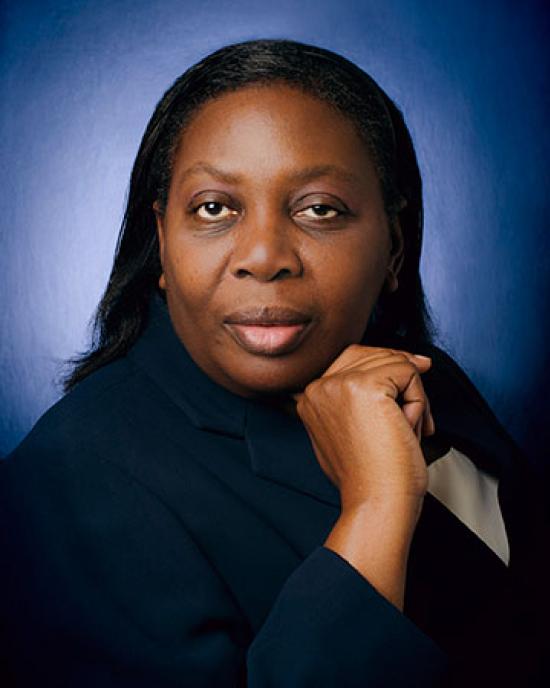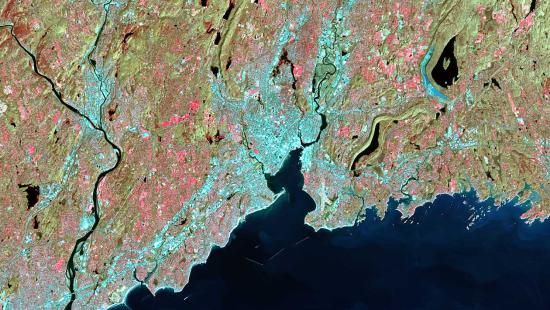While Martin Luther King Jr.’s civil rights activism often concentrated on the equal use of space — from the right of people of color to picnic in a local park to being able to sit under a shady tree in an urban area to buying and living in safe homes — the nomenclature of environmental justice had yet to be penned. But MLK Jr. and civil rights activists were at the very forefront of addressing environmental justice issues and that is the subject of an upcoming panel discussion keynoted by Yale School of the Environment Senior Associate Dean of Diversity, Equity and Inclusion Dr. Dorceta Taylor.
“This event will concentrate on the part of MLK not talked about, his environmental sensibilities,” says Taylor. “MLK Jr. understood that you could not get civil rights and equal rights as a citizen if you didn’t have environmental rights. They go together.’’
The Feb. 18 panel discussion is being hosted by YSE’s Justice, Equity, Diversity and Sustainability Initiative and the Office of Diversity, Equity, and Inclusion.
Dr. Taylor, one of the nation’s preeminent scholars of environmental justice, teaches YSE courses on environmental justice, leads two pathway programs — the Doris Duke Conservation Scholars Program and the Environmental Fellows Program that help underrepresented students enter into environmental careers — and has written numerous books on diversity and the environmental movement including “Toxic Communities: Environmental Racism, Industrial Pollution, and Residential Mobility.”
MLK and early civil rights activists understood the idea that freedom of environment is tantamount to having freedom of movement and self, Taylor emphasizes
“He understood those spatial things are environmental things,’’ she says. “The freedom to make decisions on where to sit on a bus, where you go to eat, where you go to play. Parks are environmental. If you don’t have the right to just go and sit on a park bench, then where do you have any rights?’’
Communities of color are still facing limits on environmental freedoms including housing discrimination; dumping of toxins and higher rates of air pollution; lack of potable drinking water; and harassment of people of color in parks such as the incident that occurred last February when white dog owner Amy Cooper called the police on Christian Cooper a Black man who was bird watching in New York City’s Central Park.
The incidents of racial profiling by police also have continued to disproportionally target people of color who are driving on public highways, jogging on public roads, and walking on community streets. Over the past five years there has been no reduction in the racial disparity in fatal police shooting victims Yale researchers found after analyzing a Washington Post database tracking police shootings from 2015 to 2020. The research found that unarmed Blacks were killed at three times the rate (218 total killed) of whites and Hispanics at 1.45 times the rate (146 total killed).
“These are environmental justice issues in terms of how space is controlled and utilized, who has the ability and right and freedom to do certain things, and who gets killed,” Taylor says
Dr. Taylor’s panel discussion is limited to Yale community members. Those wishing to attend must register for the event.

